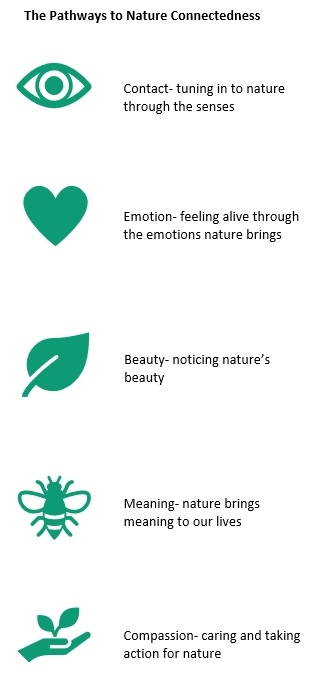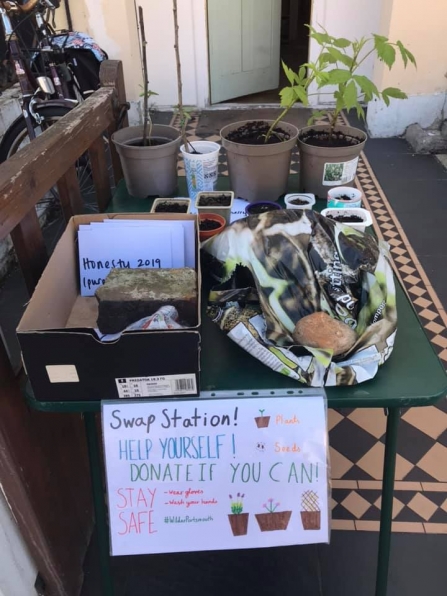Right now, connecting to nature, and taking some time out is even more important, but knowing what to do can be daunting, especially if you’re not able to leave your house. The Five Ways to Wellbeing, developed by the New Economics Foundation, offer a helpful framework. This is week three of my wellbeing blog, giving you helpful tips and tricks to take time out, whatever you’re doing and wherever you are. This week we’re going to focus on connecting.
Humans are innately social, we evolved to live and work in social groups, and as a part of nature. However, as more and more of the world’s population start to live in cities, and our busy hectic lives take over, we’re losing our connection to nature. Research suggests that this disconnect may have an adverse effect on our wellbeing, but there is good news. Universities across the UK and beyond are building a picture of the impact nature can have on our wellbeing, specifically how building a connection to nature, going beyond simply having access to it, may help improve our wellbeing. The University of Derby have developed the five pathways to nature connectedness, and the Trust is embedding opportunities for these pathways into all the work we do. You might find following these pathways a good way to help you connect to nature. As in previous weeks I’ve also suggested a few activities, so whether you’ve only got a minute or an hour, these simple actions can help you connect.


